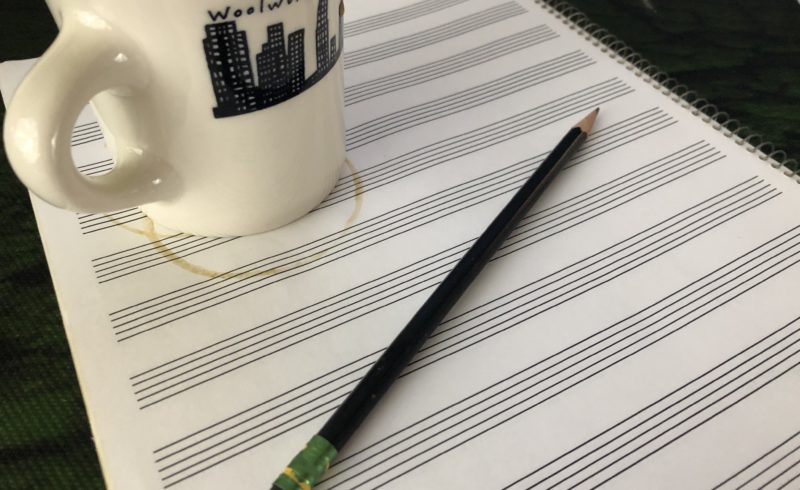
One of the stupidest cases to ever come down the pike, Taylor Swift and Evermore Theme Park have dropped their respective lawsuits against one another.
Why am I even writing about a lawsuit that involves no forensic musicology whatsoever and is stupid besides? I’m not sure how to rationalize it actually.
But I am sure how to tell the story quickly and get you out of here with more than you need to know.
Taylor put out her “Evermore” album in 2020, cheered everybody the hell up in the midst of the pandemic, and now has a couple of Grammy’s to show for it. And so Evermore Theme Park in Tennessee sued her for infringing on their trademark. Evidently, they think they have a claim on the term “Evermore,” and that they suffered from the association with Taylor. And a considerable stretch further, that she somehow benefits from being associated with them and should pay up.
And here’s the value of me writing about it; these two pieces of advice.
First, never confuse nor conflate “copyright infringement” with “trademark infringement” especially in the company of an intellectual property professional. They go nuts. Read Trademark is Not the Same as Copyright on the Plagiarism Today site. And that reminds me that you should also never confuse “infringement” with “plagiarism.” I don’t have a link for that, but you can look it up.
Where was I? Ah yes, second, never sue anyone whom you know damned well you’re infringing upon yourself.
The theme park was playing Taylor Swift music and not paying Swift’s performance rights organization, BMI. Copyright includes the exclusive right to public performance. That means that every public venue that plays music, (restaurants, malls, and theme parks) however they do it, even if it’s live performers, has to pay for the license to do so. That’s what the likes of ASCAP, BMI, SESAC, PRS and some others around the world facilitate. Taylor doesn’t want to hear from you or your wine bar. She just wants BMI to send you a bill every so often and cut her a check every so often.
Venue owners, in my experience, are no more aware of this than you probably were, so they don’t pay until someone from those agencies shows up and says, “Hey, you’re breaking the law playing that Spotify channel in your pizzeria. Let’s figure out your public performance license fees for that and get you squared away.” And you express your shock and dismay, but then you pay up.
Or you don’t. And you risk getting in trouble. Say for example, you play a bunch of Taylor Swift music in your theme park, leave emails from the performance rights agencies unread and ignore the whole annoying concept of licenses. You might pull that off for a long time. Certainly you’d wanna lay low, right?
Nah, let’s sue Taylor for trademark infringement.
Obviously that was silly. Taylor countersued them for copyright infringement.
Everyone had a good laugh and now the two sides have dropped their respective suits. And I’ve recorded the broad strokes here for posterity.
You can’t make this stuff up.